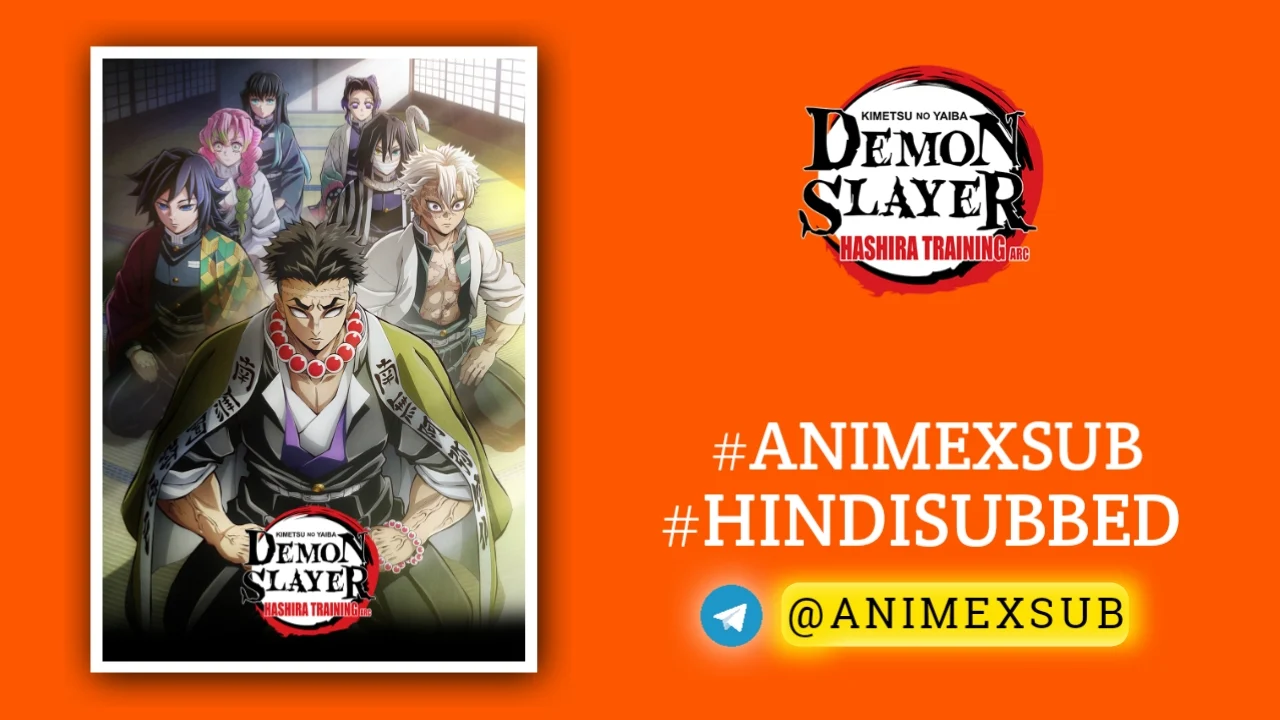
Demon Slayer Season 4: Hashira Training Arc Hindi Subbed [8/8] {Complete}
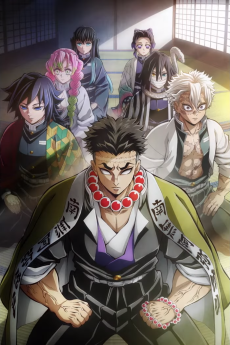
Kimetsu no Yaiba: Hashira Geiko-hen
Demon Slayer: Kimetsu no Yaiba Hashira Training ArcSynopsis
Adaptation of the Hashira Training Arc. The Hashira, the Demon Slayer Corps' highest ranking swordsmen and members. The Hashira Training has begun in order to face the forthcoming battle against Muzan Kibutsuji. Each with their own thoughts and hopes held in their hearts, a new story for Tanjiro and the Hashira begins. (Source: Aniplex USA) Note: The first episode received an early premiere in cinemas as part of a special screening alongside the final episode of Kimetsu no Yaiba: Katanakaji no Sato-hen.
Watch Trailer
Characters
Demon Slayer: Kimetsu no Yaiba Season 4 – A Polarizing Prelude to the Final Battle
By SON HAK, Anime Reviewer
Demon Slayer: Kimetsu no Yaiba’s fourth season, adapting the Hashira Training Arc, arrived in 2024 with sky-high expectations following the series’ reputation for jaw-dropping animation and emotional storytelling. Spanning eight episodes, this season serves as a narrative bridge, preparing Tanjiro Kamado and the Demon Slayer Corps for their climactic showdown with Muzan Kibutsuji. While Ufotable’s visual prowess remains unmatched, Season 4 has sparked heated debate among fans and critics for its pacing, filler content, and uneven character focus. This review dives into what makes this season unique, its strengths, its missteps, and why it’s a divisive yet pivotal chapter in the Demon Slayer saga.
The Setup: A Calm Before the Storm
Season 4 covers the Hashira Training Arc (manga chapters 128–136), a relatively short segment that focuses on the Demon Slayer Corps’ preparations to face Muzan and his Upper Rank demons. After Nezuko’s ability to walk in sunlight makes her a prime target for Muzan, the Corps, led by the ailing Kagaya Ubuyashiki, organizes an intensive training regimen under the Hashira—the elite swordsmen of the organization. Tanjiro, Zenitsu, and Inosuke undergo grueling sessions with various Hashira, while the season teases the looming threat of Muzan’s next move.
Unlike previous seasons defined by high-octane battles (e.g., Mugen Train’s clash with Akaza or the Entertainment District’s fight against Daki and Gyutaro), Season 4 is introspective, emphasizing character development and world-building over action. This shift gives it a unique tone, resembling the downtime in an RPG where characters hone their skills and bond before the final boss. However, this approach has divided audiences, with some praising its character focus and others decrying it as glorified filler.
Visual Splendor: Ufotable’s Unrivaled Craftsmanship
If there’s one universal point of agreement, it’s that Ufotable’s animation remains a benchmark for the industry. Season 4 is a visual feast, with fluid fight sequences, vibrant breathing techniques, and meticulous attention to detail. The opening sequence of Episode 1, featuring the Snake Hashira Obanai Iguro and Wind Hashira Sanemi Shinazugawa pursuing a demon, is a masterclass in dynamic choreography and atmospheric tension. Even mundane training montages are elevated by lush backgrounds, expressive character designs, and a stirring soundtrack by Yuki Kajiura and Go Shiina.
The season’s finale, Episode 8, is a standout, transforming a simple sequence—Muzan’s slow walk to Ubuyashiki’s mansion—into a cinematic spectacle. Ufotable’s use of lighting, camera angles, and pacing makes this moment feel both eerie and monumental, with Muzan’s “Smooth Criminal”-esque strut becoming a meme-worthy highlight. The episode’s climax, where the Corps is thrust into Muzan’s Infinity Castle, sets up the upcoming movie trilogy with breathtaking visuals that rival theatrical releases. Fans on X have raved about the “movie-quality” animation, with one user (@mtisuri) calling Episode 6’s production “super creative, fluid, and just enjoyable.”
Character Focus: Hits and Misses
Season 4’s biggest draw is its spotlight on the Hashira, who have often been overshadowed by Tanjiro and his companions. The season aims to flesh out these elite warriors, offering glimpses into their motivations and backstories. Two Hashira shine brightest: Gyomei Himejima (Stone Hashira) and Giyu Tomioka (Water Hashira). Gyomei’s episode delivers a poignant flashback revealing his tragic past, adding depth to his stoic demeanor. Giyu’s arc reconnects to Season 1’s Sabito, providing emotional closure and tying his reserved personality to a haunting loss. These moments are compelling, showcasing the Hashira as flawed, human characters rather than invincible heroes.
However, the season stumbles with its other Hashira. Most, like Mitsuri Kanroji (Love Hashira) and Muichiro Tokito (Mist Hashira), remain one-dimensional, defined by their breathing techniques rather than nuanced personalities. Tanjiro’s training with each Hashira follows a repetitive pattern: arrive, train, face a quirky challenge (e.g., a paper-airplane contest with Tokito), and move on. This formula grows tiresome by Episode 6, as noted by critics like IGN, who called the season “an endless cycle of training montages” with “dumb and unnecessary mini-quests.”
The most glaring oversight is Nezuko’s absence. Despite her sunlight immunity driving the season’s stakes, she appears sparingly, with only seven lines of dialogue—mostly comedic. For a character central to Tanjiro’s journey, her sidelining feels like a missed opportunity to explore her growth or the Corps’ efforts to protect her. Fans on Reddit’s r/KimetsuNoYaiba expressed frustration, wishing for more scenes with Shinobu Kocho and Tamayo researching a demon cure to justify Nezuko’s importance.
Pacing and Filler: The Season’s Achilles’ Heel
The Hashira Training Arc spans just 11 manga chapters, yet Ufotable stretches it into eight episodes, including a double-length premiere and finale. This expansion results in pacing issues that have sparked accusations of filler. While some anime-original scenes—like Tengen Uzui’s flamboyant return or the crow’s detective antics—are delightful, others feel indulgent. The paper-airplane contest, for instance, eats up valuable screen time without advancing the plot or deepening characters. As But Why Tho? noted, “Six of the eight episodes are virtually the same thing,” making the season feel repetitive and overstretched.
The premiere, “To Defeat Muzan Kibutsuji,” sets this tone with over 20 minutes of exposition-heavy meetings, which IGN likened to “a Star Wars prequel.” While these scenes establish the Corps’ strategy and introduce Tamayo’s alliance with Shinobu, they drag, testing viewers’ patience. The season’s slow burn contrasts sharply with the manga’s brisk pace, a hallmark of Koyoharu Gotouge’s work. For fans expecting the relentless momentum of prior seasons, this shift feels like a betrayal of Demon Slayer’s strengths.
The Finale: A Redeeming Cliffhanger
Despite its flaws, Season 4 sticks the landing. Episode 8, praised by Anime Corner as “an excellent watch,” delivers a tense confrontation between Ubuyashiki and Muzan, elevated by stellar voice acting and eerie dialogue. The episode’s final act, where the Corps is pulled into the Infinity Castle, is a visual and emotional high point, with Inosuke’s manic excitement and Zenitsu’s surprising stoicism setting the stage for the final arc. This cliffhanger has fueled anticipation for the Infinity Castle movie trilogy, with fans on X calling it a “fantastic hook.”
Fan and Critic Reception: A Divided Fandom
Season 4’s reception is polarizing. Critics like IGN and Simbasible have labeled it the “worst season” due to its lack of action and repetitive structure. Fans on X, however, are more split. Some, like @Eiji_Kny, praised the consistent production quality and anime-original additions, giving Episode 3 a 9.79/10 for its creative expansion of the manga. Others, like @Nootymcnoot, lauded Episode 6’s Genya scenes and boulder sequence but found the comedy “cringe” at times. On Reddit, fans defended the season’s character moments but wished for more Shinobu and Tamayo, feeling the cure subplot was underdeveloped.
Why It’s Unique
Season 4 stands out for its bold departure from Demon Slayer’s action-heavy formula, opting for a slice-of-life approach that prioritizes the Hashira’s humanity. This makes it a contemplative breather, setting up the emotional stakes for the final arc. Its flaws—repetitive pacing, underused characters like Nezuko, and filler-heavy episodes—are balanced by Ufotable’s visual mastery and a finale that reignites excitement. Unlike the spectacle-driven Mugen Train or Entertainment District arcs, Season 4 is introspective, flawed, and divisive, yet essential for understanding the Corps’ resolve.
Final Verdict: A Flawed but Gorgeous Stepping Stone
Demon Slayer Season 4 is a paradox: a visually stunning, emotionally resonant setup for the series’ endgame that struggles with pacing and missed opportunities. It’s a season for fans who appreciate character-driven storytelling and Ufotable’s artistry but may frustrate those craving action or deeper exploration of Nezuko and the Hashira. With a score of 7.5/10, it’s the weakest season yet but earns its place as a necessary prelude to the Infinity Castle trilogy. As Tanjiro and the Corps brace for their toughest battle, Season 4 reminds us that even in stillness, the heart of Demon Slayer beats strong.
Where to Watch: Stream on Crunchyroll, Netflix, or JioCinema, with episodes released weekly from May 12, 2024.
Recommendation: Watch for the animation and Gyomei/Giyu’s arcs, but temper expectations for action or Nezuko’s development. Stick around for the finale—it’s worth it.
Sources: IGN, But Why Tho?, Simbasible, Anime Corner, Reddit’s r/KimetsuNoYaiba, and posts on X.
Support Our Anime Community!
Love watching the latest anime? Help us keep uploading new episodes by join telegram channel ❤️
Join Now!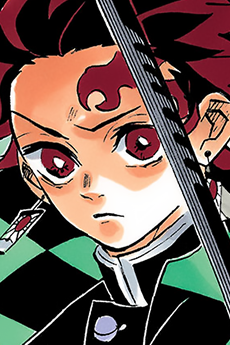
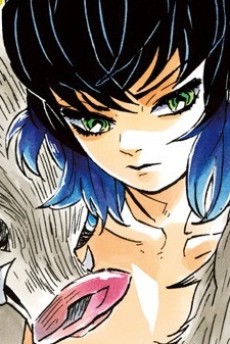
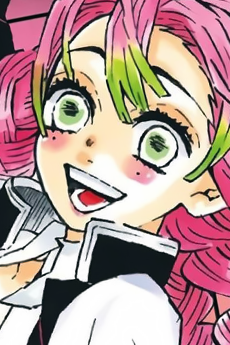
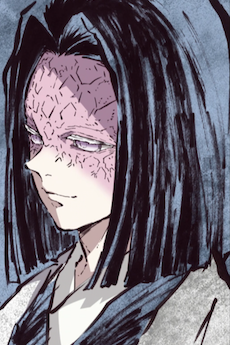
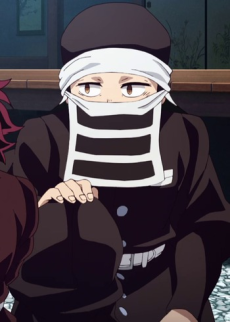

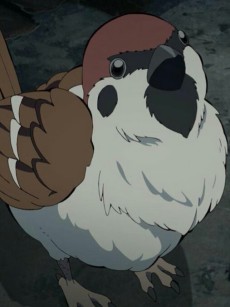
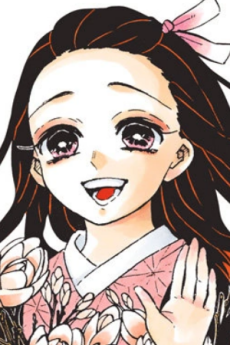
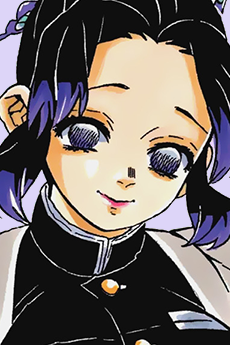
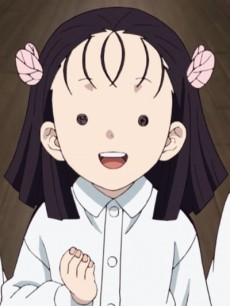
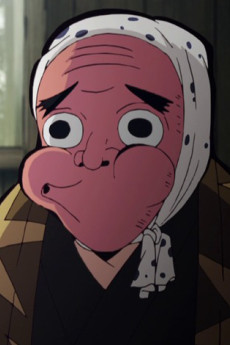
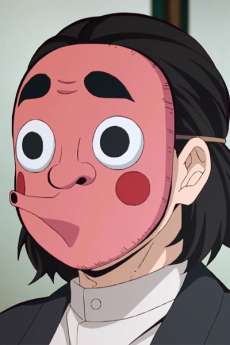
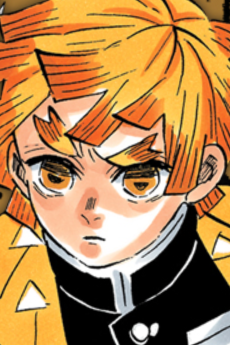
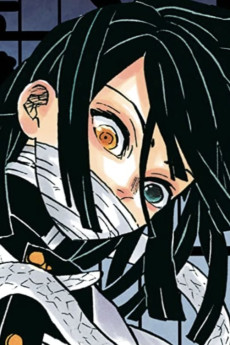
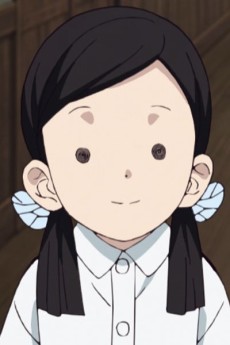
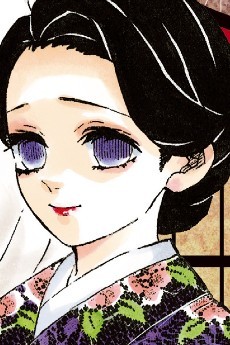
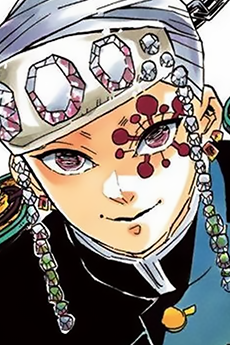
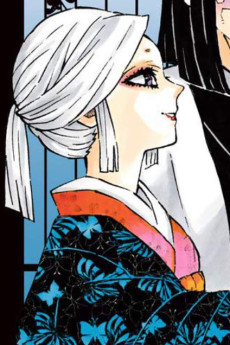
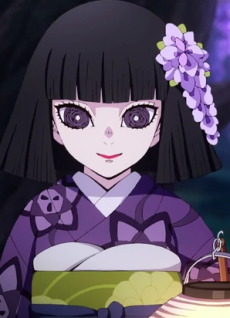
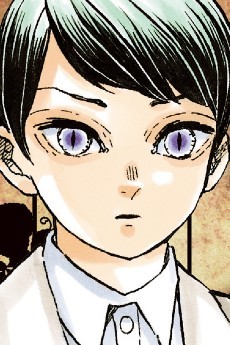
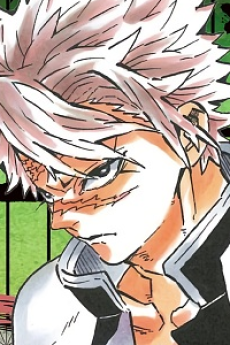
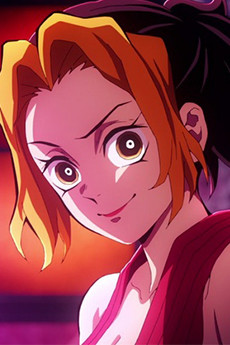
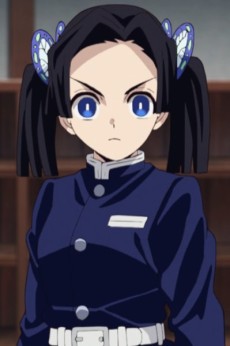
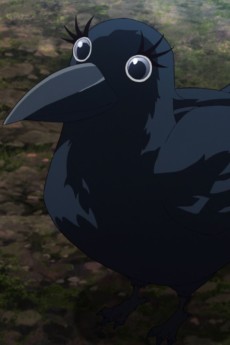
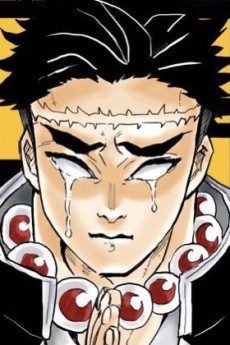
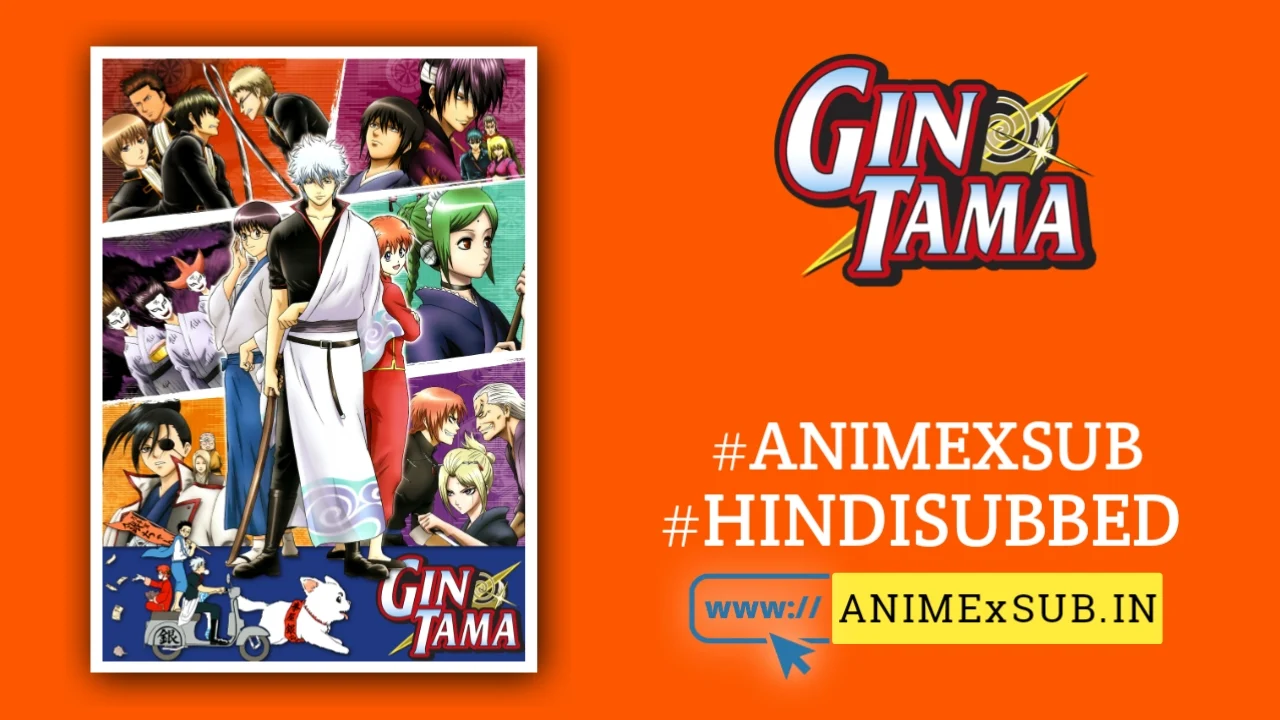
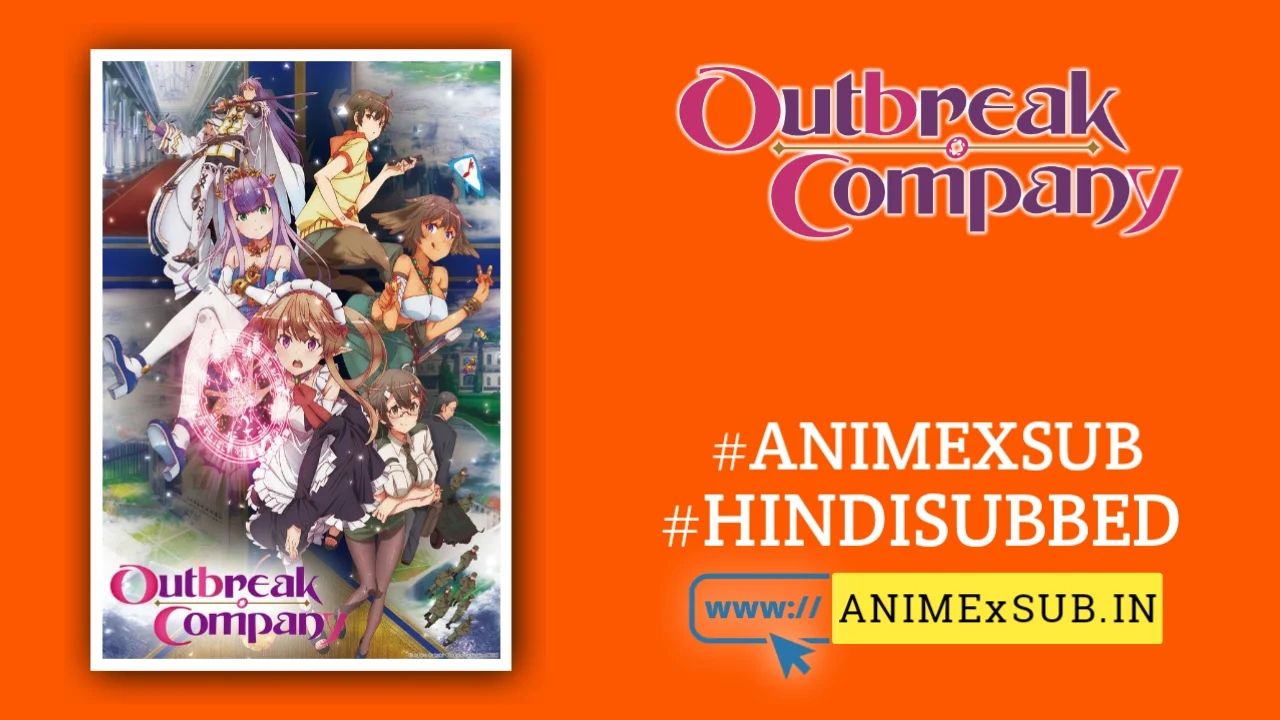

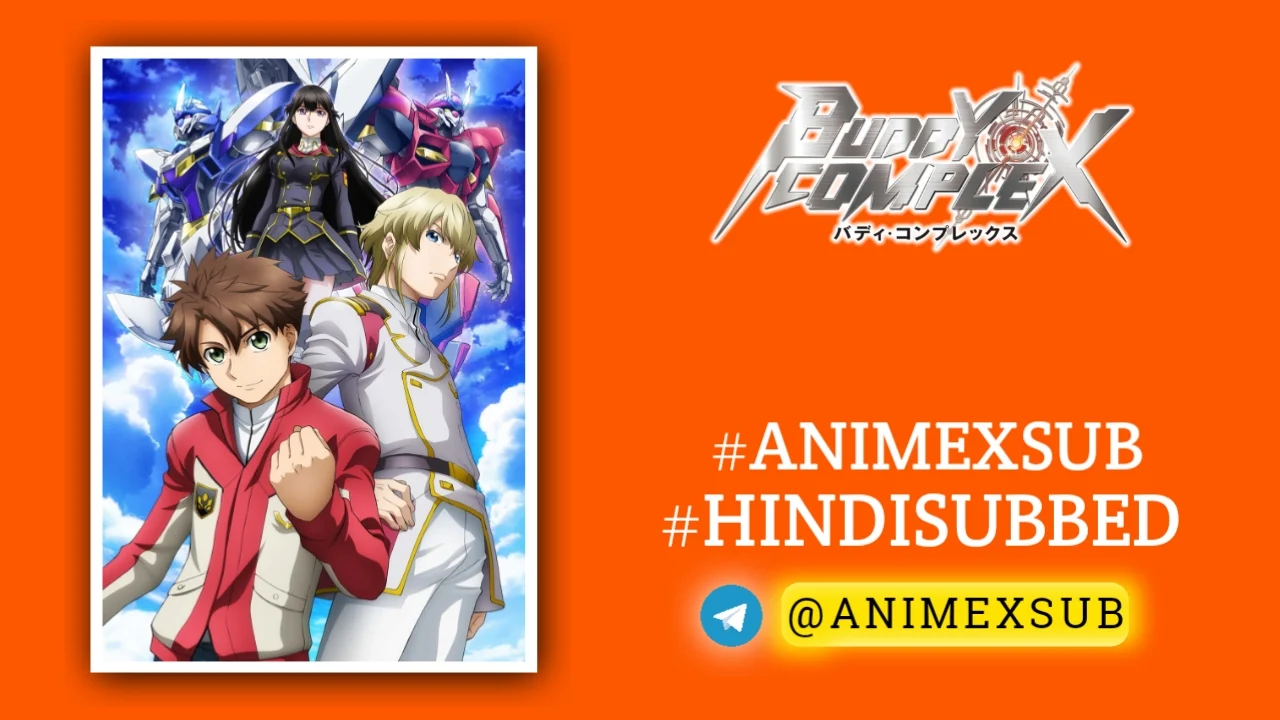
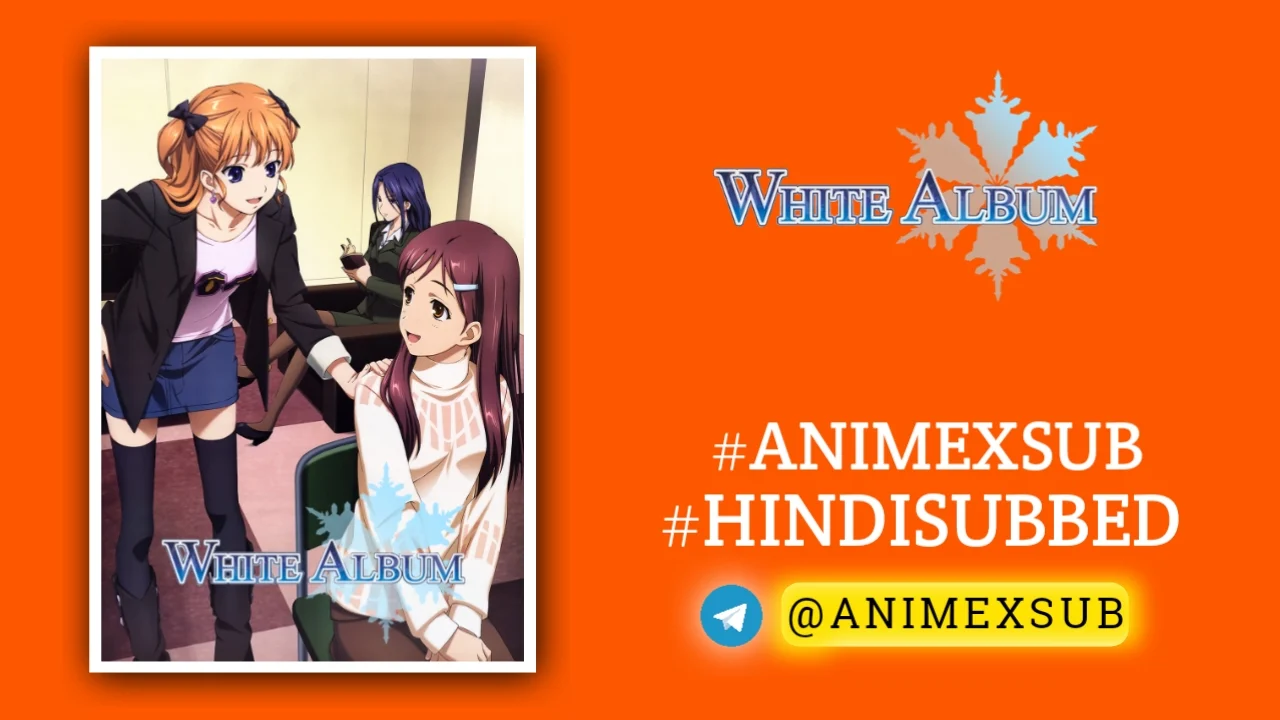
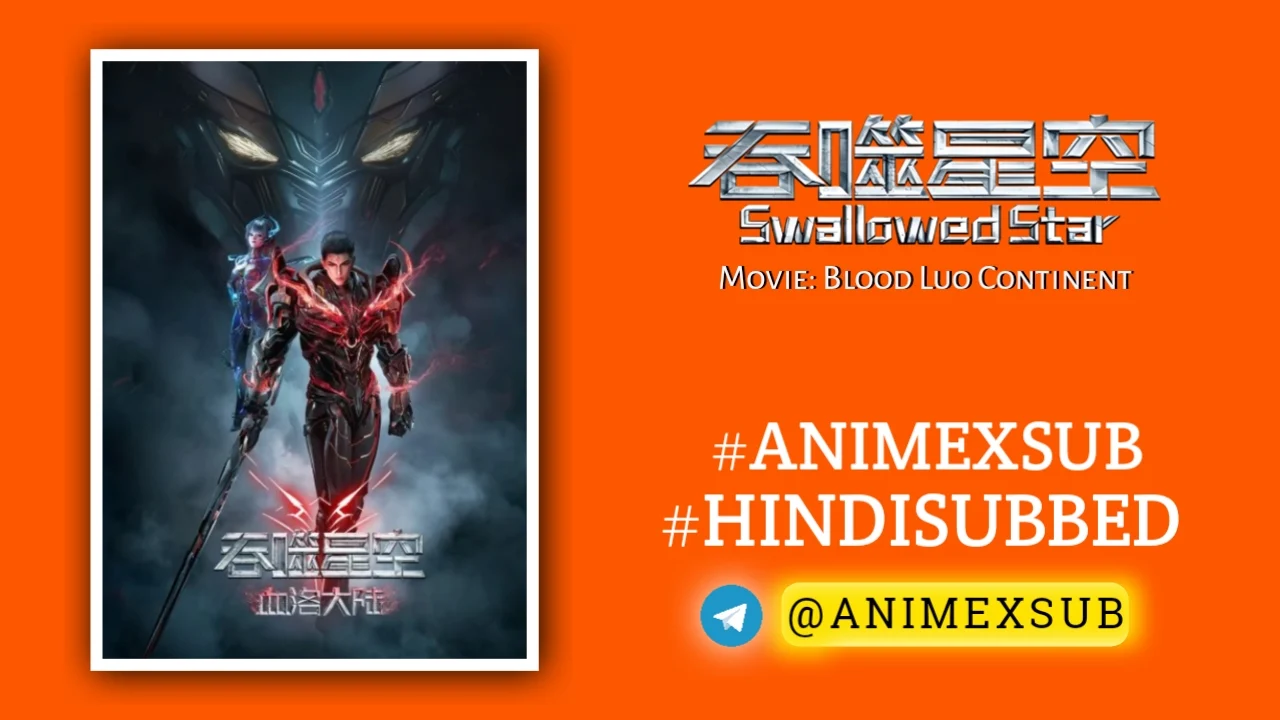
Very nice
Hey, thanks 🫵🏻